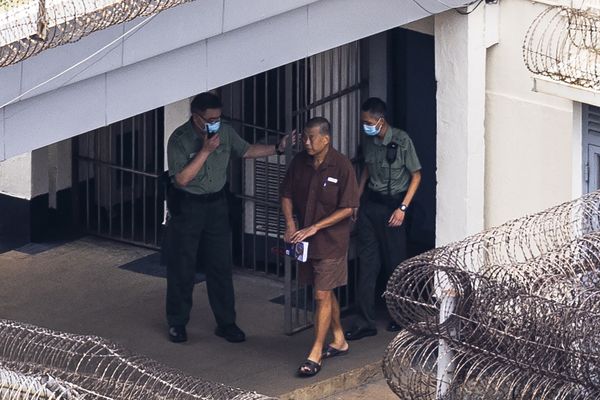
A student psychotherapist who was expelled from his master’s course after expressing gender-critical views has received an apology from the training institute where he was studying.
James Esses has reached a settlement with the Metanoia Institute in London, which specialises in training counsellors and psychotherapists. He lost his place on the course after campaigning against the government’s proposed ban on conversion practices.
Esses launched an online petition in April 2021 highlighting concerns that the proposed ban on conversion practices – the practice of attempting to change an individual’s sexual orientation or gender identity – might end up criminalising explorative therapy for children with gender dysphoria. He was expelled from the course by email shortly after.
The institute admitted in a statement that it had breached its own policies when it expelled Esses from his course, and failed to offer him a hearing or an internal appeal. He was three years into a five-year course, training to become a therapist, and was unable to complete the training.
In the statement, the college noted: “Metanoia recognises that gender-critical beliefs are protected under the Equality Act 2010. These are the beliefs that sex is binary, immutable and biological and is fundamentally important.”
Metanoia also apologised for publicising the expulsion on social media, and accepted that its public comments contributed to him receiving online abuse from third parties.
“Notwithstanding the fact that high-quality therapy is rooted in empathy, active listening and unconditional positive regard, we did not fulfil these values in our treatment of Mr Esses. For this we apologise fully,” the statement said, adding that he had passed all his assessments and received positive feedback from clinical placements.
Concerns over the practicalities of introducing a ban on conversion practices related to gender identity have been raised more recently by Hilary Cass, the paediatrician commissioned by NHS England to review the treatment of children with gender dysphoria.
She noted that medical professionals were nervous about being accused of “conducting conversion therapy if … they take a cautious or exploratory approach” with children experiencing gender dysphoria. A ban on conversion practices was promised in the king’s speech last month.
This is the latest in a series of recent cases where institutions – from Westminster city council to Social Work England and Arts Council England – have been found to have discriminated against people holding gender-critical views.
The institute added: “Whilst Metanoia specialises in professional training for those working in adult and not child psychotherapy, it accepts as a matter of general principle the validity of the professional belief that children with gender dysphoria should be treated with explorative therapy rather than being affirmed towards medical intervention. Discrimination against students because of these beliefs is unlawful.”
Esses’ legal costs were met by a crowd justice fundraising campaign, which attracted donations totalling £136,000 from more than 5,000 people. On his crowdfunding page, Esses said his expulsion followed his expression of his gender-critical beliefs.
“This was done to me because I hold gender-critical beliefs: that sex is biological and immutable. This is particularly relevant in the field of psychotherapy because individuals with gender dysphoria need to be treated in a balanced and holistic way,” he wrote.
“For some, gender reassignment will be the appropriate treatment. For others, it will not. Careful and appropriate talking therapy allows each individual properly to explore underlying causes and options for their care.”







